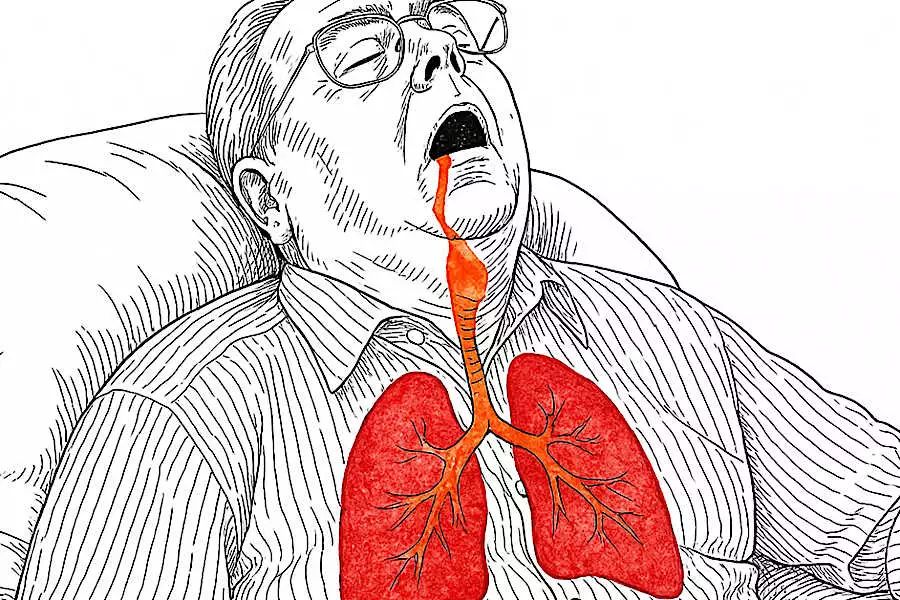“We are already witnessing an early surge of highly contagious respiratory illnesses,” stated Professor Paul Griffin. “When one individual in a household falls ill, the virus can transmit to everyone within days.”
Griffin highlighted the significance of early detection and vaccination, particularly for safeguarding vulnerable populations such as the elderly and individuals with compromised immune systems.
As of May 22, Australia has reported over 80,000 confirmed cases of influenza—a 50% increase compared to the same timeframe last year. Influenza is a highly transmissible respiratory illness, primarily caused by type A or B viruses, and encompasses multiple subtypes.
COVID-19 cases are also anticipated to increase in the upcoming weeks due to the emergence of a new Omicron subvariant, LP.8.1. This variant has already accounted for 60% of recent COVID cases in the UK and has contributed to widespread outbreaks internationally.
Although LP.8.1 does not seem to result in more severe illness than previous strains, it spreads more readily, raising concerns about elevated infection rates.
Health authorities are urging all eligible Australians to receive vaccinations for both influenza and COVID-19 as soon as possible to mitigate the risk of severe illness and hospitalizations.
Experts caution that without sufficient protection, the interplay of these viruses could overwhelm healthcare services during the winter months.




